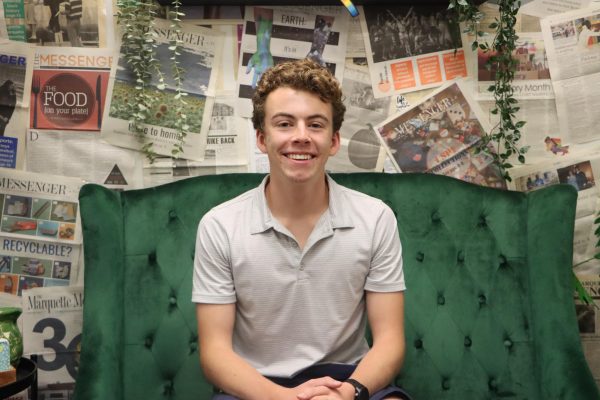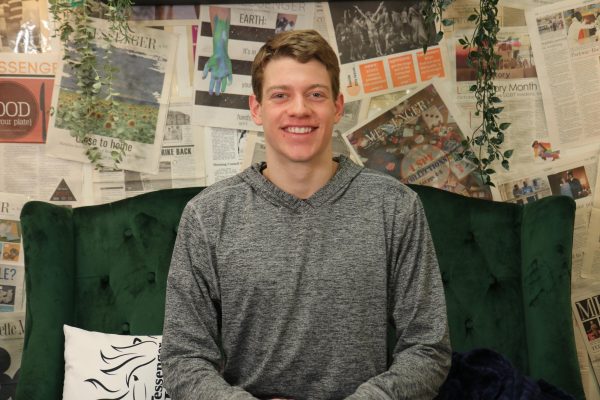When Adithya Chengalvala, sophomore, lived in Bangalore, India, his mom pushed him to enter a singing competition.
Chengalvala returned with a medal, and his mom put him with a vocal teacher to develop classical music.
Indian classical music is India’s traditional musical art form and began developing more than 2,000 years ago. North Indian classical music is known as Hindustani and the South Indian expression is known as Carnatic. Chengalvala studies Carnatic music.
Chengalvala said he initially disliked the music because it is an old art form.
“Over time, I’ve developed a liking for it,” Chengalvala said. “The difference between Western and [Indian] classical is something that caught my ear. I started to love the music.”
Chengalvala said Carnatic music is characterized by its modulation of music notes, slides or alterations between notes. This is what makes Carnatic music different from Western styles of music, which is simply the notes on the page.
“The music is not the notes. The music is in between the notes,” Chengalvala said.
Using this modulation to carry one note to the next, patterns are produced for each stanza and put into lyrics to create songs, called Kritis, Chengalvala said.
When Chengalvala moved to St. Louis, he began taking lessons with Dr. Sanjay Subramaniam.
Chengalvala said his current teacher’s method is different from both his previous teachers.
“Slowly I’ve developed his style of music, how he sings, so I’m relearning all the time,” Chengalvala said.
Myan Sudharsanan, student at Washington University, frequently accompanies Chengalvala. Sudharsanan is an advanced player of the mridangam, a two-sided drum played in Carnatic music, and has played professionally across the U.S., Canada and India for nine years.
Sudharsanan said he used to be unaware of the other musicians when playing Carnatic music.
“Over time, I came to appreciate the other aspects of South Indian classical music, like what the violinist and the vocalist do,” Sudharsanan said. “My teacher taught me to respect the other artists.”
Listening is the best way to develop a passion for and understanding of Carnatic music, Sudharsanan said.
“My dad has a two-terabyte collection of Carnatic music concerts,” Sudharsanan said.
Time spent repeating single notes and phrases has been essential for refining technique, Sudharsanan said.
Sudharsanan said he frequently plays Carnatic music with jazz fusion groups because both Carnatic music and jazz involve a repeating melody and improvisation. Jazz also allows for a variety of playing styles.
Scott Szevery, history teacher, said many jazz musicians and some pop musicians have incorporated elements of Indian music into Western genres over the last century, including the Beatles, sitarist Ravi Shankar and jazz saxophonist John Coltrane.
“If you want a hit record, you’re going to use a very straightforward beat and chords and sounds that are very comfortable to the Western ear,” Szevery said. “If you are an artist interested in music for its own sake and pushing the envelope of creativity, that’s where you go, ‘Well I’m gonna use some weird chord progressions or scale structures that get outside Western music’.”
Szevery said bringing in musical elements not traditional to the Western world can add a unique “flavor” to music and make it more interesting and intriguing.
“American popular music, whether it’s jazz or rock n’ roll, has always been interested in taking some other influence and merging it with others and getting something completely new,” Szevery said.
For students hearing these art forms for the first time, Szevery said it is essential to keep an open mind and refrain from quick judgments. Attempting to understand unfamiliar music causes listeners to appreciate its origins and the experiences and emotions that created it.






Ellen Fleysher • Feb 17, 2025 at 7:40 PM
The main subject is fascinating and articulate. But we never hear the Carnactic singing up full. The sound is always under a SOT. We hear more drumming up full than singing and the story is about the singer.